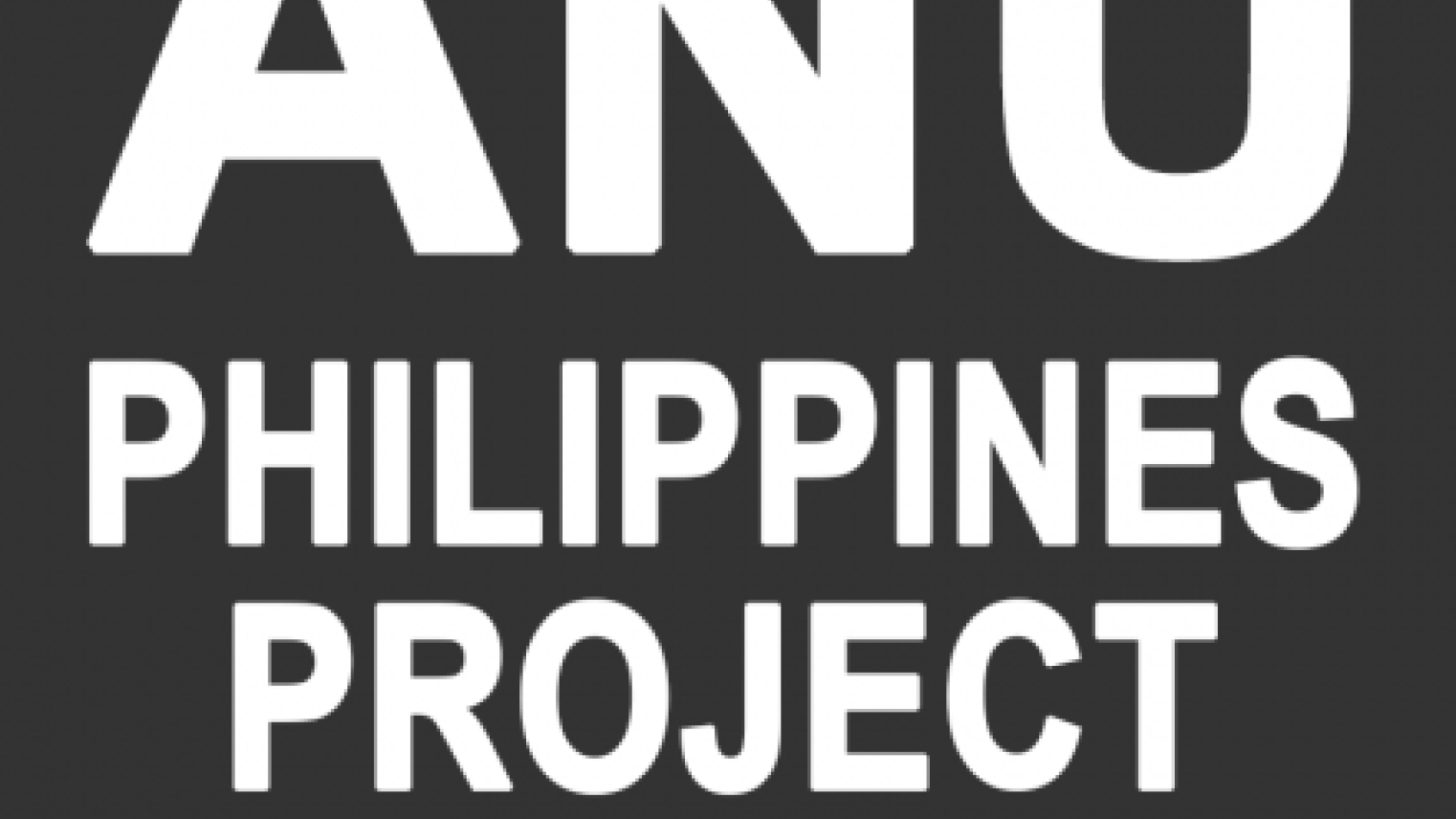ANU Philippines Project awards 2019 grants and fellowships

The ANU Philippines Project awards five (5) high-quality academic and policy research under its Collaborative Research Grant (CRG) scheme and three (3) Visiting Fellowships for 2019. The results came after a thorough and competitive review process from an independent selection committee comprised of representatives from academe and government.
CRG recipients have one (1) year to implement their research projects while visiting fellows are hosted for 3-6 weeks at the School of Regulation and Global Governance (RegNet), Australian National University.
Collaborative Research Grants 2019
(1) Unpacking the Peace and Order Council in the Bangsamoro Area: An in-depth Analysis by Marshaley Baquiano, Rosalie Arcala-Hall, and Imelda Deinla
This study examines the Peace and Order Council in the Bangsamoro area, particularly in some of its key municipalities and cities — Cotabato City, Isabela City, Marawi City, Zamboanga City, Kabacan in North Cotabato, and Bonggao in Tawi-Tawi. We chose these cities as study sites because of their substantial military garrison presence, strong Local Government Units, their previous conflict episodes, are either provincial or regional capital with many government agencies, and have strong commercial hubs in their area. Because of their political , strategic and commercial importance, security is a premium for the LGUs of these cities and municipalities. The study aims to unpack and describe the nature, form, task, membership, variants, and the functionality of the Peace and Order Councils in the Bangsamoro area. As Mindanao is currently placed under martial rule, this study also aims to investigate how martial law has affected the functionality of the Peace and Order Councils in the above mentioned cities and municipalities.
(2) The Political Attitudes of the Philippine Urban Middle Class by Erik Kuhonta, Antoinette Raquiza, and Paul Hutchcroft
We advance two hypotheses in this project: (1) The middle class cannot be considered a natural ally of liberal, democratic values; and (2) the ambivalence of the middle class toward liberal, democratic values is particularly evident among the professionals and civil servants, as well as among migrant workers, and civil society activists. Within the context of Philippine politics, these groups are generally thought to have pro-democratic leanings, and it is therefore important to examine them closely. At the core of this project is the idea that the middle class as an analytical category needs to be disaggregated and that the particular values and interests of the different elements of the middle class need to be clearly identified. By breaking down the middle-class category in one country, the Philippines, we will have a clearer understanding of how different components of the middle class relate to democracy.
(3) Gun Violence in Negros Oriental, Philippines: Patterns, Narratives, and Structural Networks by Dan Jerome Barrera and Roderick Broadhurst
The purpose of this study is to explore the patterns of gun violence, the narrative voices of the victims’ families, and the structural networks among the victims involved. Additionally, the patterns of gun violence in the province before and during the presidency of Rodrigo Duterte will be examined. Specifically, the study aims to: (1) describe the spatio-temporal patterns of gun violence, situation and circumstances, weapon use, types of shootings, suspect and victim characteristics, and criminal justice outcomes from 2014-2018; (2) model the structural networks of victims using social network analysis; and (3) document the effects of gun violence on the victims’ families through their narratives.
(4) Food Security and Household Effects of Complying with the Paris Climate Accord by Hoa Nguyen and Jesusa Cabling-Beltran
The proposed research will assess the consequences of climate change policies on food insecurity, poverty and inequality in the Philippines by comparing the current reality with different counterfactual cases when various climate change scenarios and emissions reduction strategies are implemented. We will use a methodology that sheds light on the distributional implications for different Filipino household groups. This will be done with parameter values that correspond to ‘normal’ times, but also in more extreme circumstances associated with large positive or negative weather events (for instance, those associated with El Niño).
(5) In Defense of the Right to Life: Analyzing Factors Affecting Filipino Opinion About Death Penalty by Commission on Human Rights, Philippines
This project is the second phase of the ‘National Survey on Public Perceptions about Death Penalty’. It conducts an in-depth analysis of three groups of independent variables – demographic variables, beliefs and attitudes, and alternatives to death penalty – beyond the basic descriptive needs to be undertaken to untangle such layers and complexities, to formulate grounded policy recommendations.
Visiting Fellowships 2019
(1) Clans not Parties: Political Dynasties and Party-Switching in the Philippine House of Representatives, 1987-2019 by Julio Cabral Teehankee, Professor of Political Science and International Studies, De La Salle University
(2) Between a Rainbow and a Silver Lining: New Civil-Military Relations Terrain under the Bangsamoro Autonomous Region in Mindanao by Rosalie Arcala-Hall, Professor at the University of the Philippines-Visayas
(3) The ties that bind, still? Political clan implosion in the Philippines by Joseph Capuno, Professor at the School of Economics, University of the Philippines